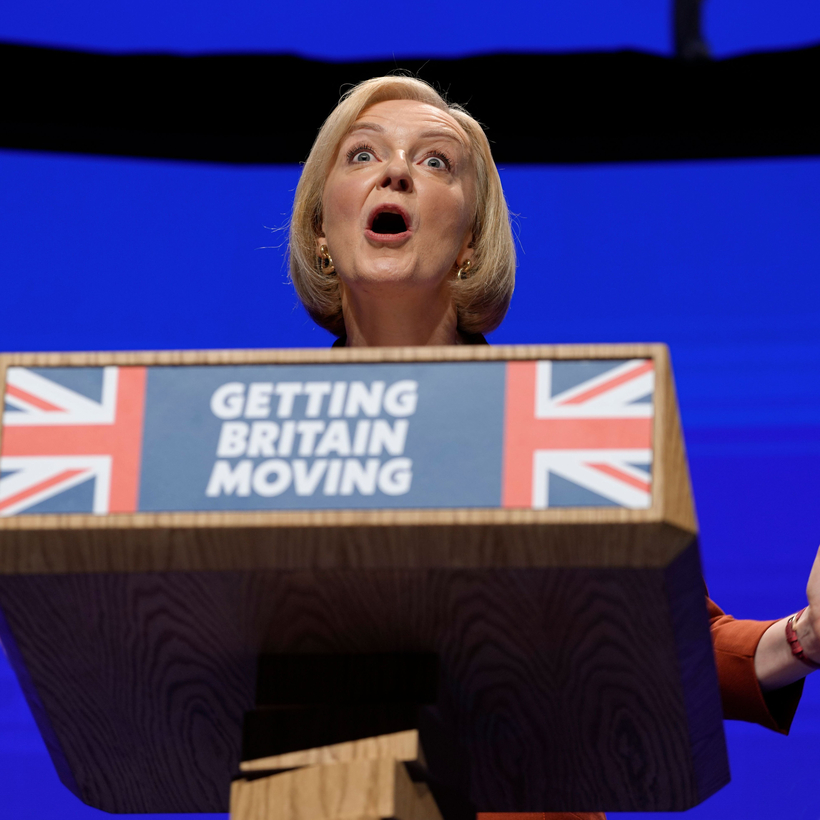On Tuesday, September 6, Queen Elizabeth II extended her hand and welcomed Britain’s new prime minister to Balmoral Castle. Just two days later, the Queen was dead. For most prime ministers, even an indirect link to the death of a beloved monarch would be the most calamitous moment of their career. But it says something for Liz Truss that, just one month into the job, it barely even scrapes the Top 10. Not for nothing, #Trussterfuck has been trending on social media.
In fairness to Truss, the U.K. wasn’t in great shape when she took over leadership. Britain was still dealing with a post-coronavirus financial hangover, a war in Europe that was pushing energy prices beyond the means of many households, and all the various self-inflicted wounds of Brexit. But, equally in fairness to Truss, she has also bungled her approach to all of these things so spectacularly that you have no choice other than to applaud the woman (the same way you would a meteor strike or an injured player being taken off the field).


